
Persons who eat a high-fiber diet experience a lower risk of first-time stroke, according to a new meta-analysis that supports current guidelines to increase fiber consumption.

Persons who eat a high-fiber diet experience a lower risk of first-time stroke, according to a new meta-analysis that supports current guidelines to increase fiber consumption.

PCPs for sleep apnea?; mental illness and obesity; norovirus on the rise; global sodium overdose

Patients with serious mental illness tend to be overweight; interventions are successful if they account for cognitive and psychiatric challenges.

Patients who consumed a Mediterranean-style diet had a 30% reduction in major cardiovascular events compared with patients who ate a diet low in saturated fat.

Elevated levels of the biomarker C-reactive protein in patients with HIV infection increased the risk of MI approximately 2-fold.
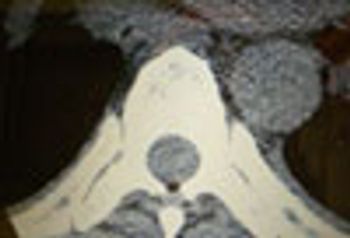
An obese woman in her thirties with a history of fibromyalgia syndrome, depression, polycystic ovarian syndrome, and diabetes mellitus presents to her local emergency department with 1 week of gradually worsening midline back pain.

Sleep apnea in adults aged 65 years or older posed an increased risk for silent cerebral infarction and lacunar infarction.

The prevalence of chronic cough is reported to be 5% to 7% in preschoolers and 12% to 15% in older children. Diagnosis and management can present challenges.

The rate of myocardial infarctions, strokes, and heart disease–related deaths in persons at high risk may be reduced by about 30%.

Hypoglycemia in type 2 diabetes patients can be the result of insulin or sulfonylureas.
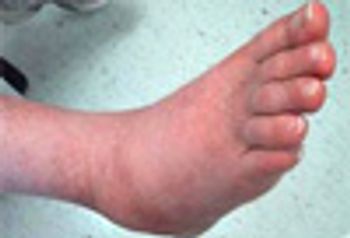
MS sex ratio, Charcot neuroarthropathy, antibiotic error, obesity and exercise.
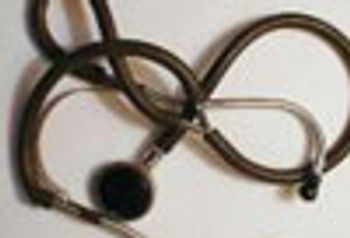
Stroke survival and thoughts of suicide; PCP shortage; pediatric headache treatments; antidepressants and prolonged QT interval; calcium supplements, men, and CVD.

Something new to worry about: this study shows that atrial fibrillation is independently associated with increased risk of dementia.

It has been predicted that costs for cardiovascular disease will increase to more than $1 trillion dollars annually in the US by 2030. If statins are effective in preventing heart disease, why are costs still rising?

Suicidal ideation among stroke survivors (7.8%) was higher than among those with a history of MI (6.2%), diabetes (5.2%), and cancer (4.1%).

Results suggest that wheat sensitivity is a true clinical entity worthy of further study, and that it is a heterogeneous condition with at least 2 distinct subtypes. How this will translate into clinical practice will be an evolving research area, but clinicians should not expect gluten avoidance to disappear as yet another food fad.

Despite limitations, this study lends some reassurance that risk of osteoporosis is not likely to overshadow the benefit of proton pump inhibitors in preventing recurrent peptic ulcer, esophageal reflux symptoms, and esophageal cancer risk.

A team of international researchers analyzed articles published in the scientific and popular press to separate myths from evidence-based facts.
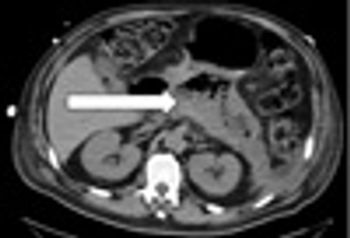
Emphysematous pancreatitis is a rare form of necrotizing pancreatitis. Free air within the pancreatic parenchyma is typically attributed to infection.

The relationship between sleep and exercise is the theme of this year’s National Sleep Foundation Sleep in America poll, an annual checkup on Americans’ sleep health practices.

Topical treatment for oral candidiasis is not as effective when there is esophageal involvement. Topical treatments include nystatin, amphotericin B solution, and miconazole tablets. Systemic therapy given orally includes the azoles, of which fluconazole remains the most effective commonly prescribed. Voriconazole is effective against some resistant strains of Candida. Echinocandins, a newer class of drugs, inhibit cell wall synthesis.

Here: a battle plan to address obesity-the root problem of our current epidemic of metabolic syndrome, hypertension, and diabetes mellitus-that involves kicking a sedentary lifestyle.

Even the most experienced and skilled gastroenterologists in the country are struggling to make science-based decisions in this area.

Reducing hyperglycemia in older patients with chronic kidney disease may be best accomplished using incretin-based agents.
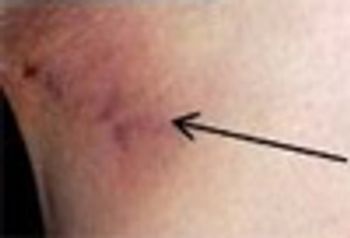
Skills quiz: Rectus abdominus rupture; IBS; Cholecystitis; Smoking and MS